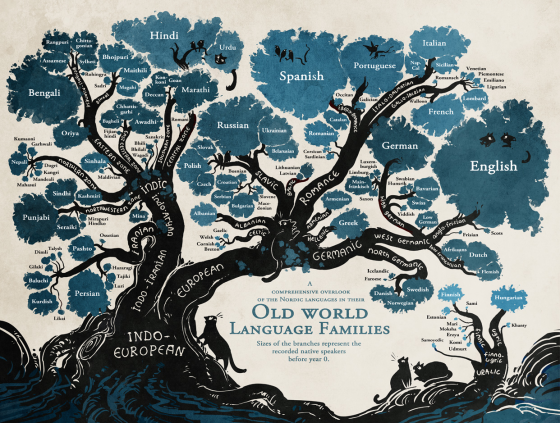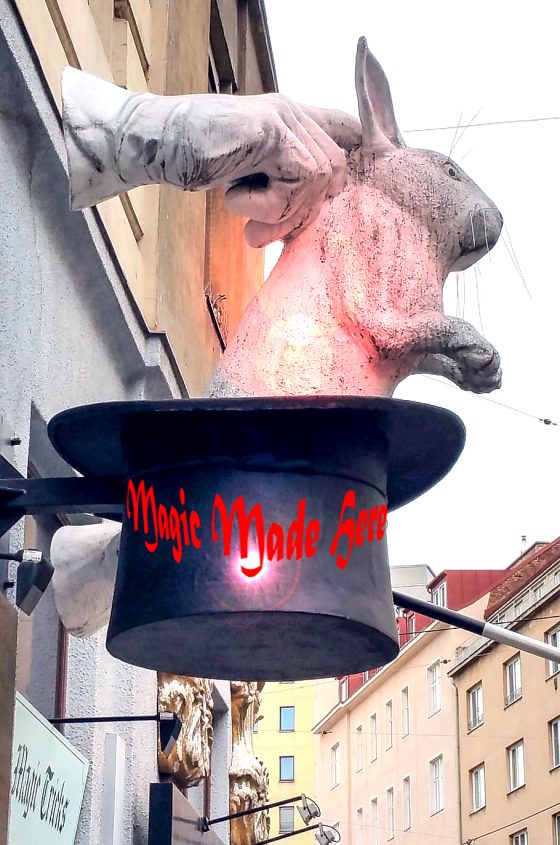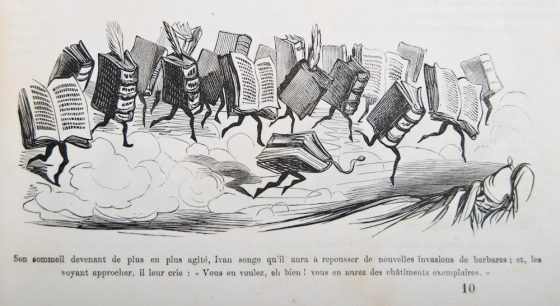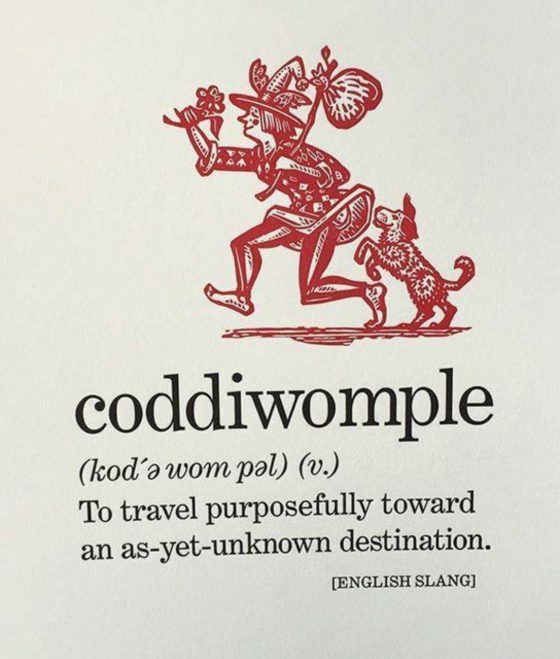
The illustration above is created by Minna Sundberg. Unlike pictorial art, music is perceived and processed in time. Complex music — consisting of more than one melody woven together — is even more difficult to process than a single stream. It requires focused attention. It’s more akin to listening to several conversations at once even if they are speaking on the same topic. If attention strays for just a moment, vital data can be lost. Thus music comprehension improves over several listenings. Things like nuance in performance, which ride on top of the basic syntax and message, are easy to miss for novice listeners. Listening, like performing, requires the development of skills. Humans are poor at splitting their attention and multitasking, and thus are prone to missing a lot of details. Language is also much more than a ruled-based string of words. There is a melody to each that varies from language to language. The melody provides the underpinning of emotion to the informational content that words carry. It’s easy to create cognitive dissonance by using the wrong emotional music while delivering a message. People who are good at this are good at manipulation. This is because we listen to…




